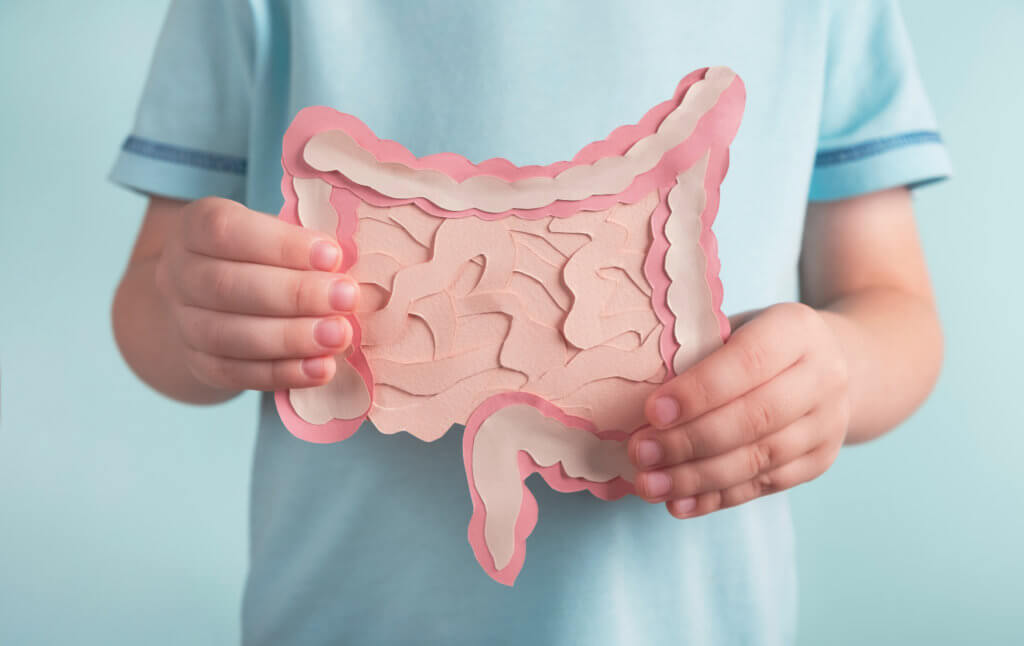Ongoing studies continue to expose associations between gut dysbiosis and some medical supplements, particularly antibiotics that alter the number of microbes in the gut. A recent study of the gut microbiome shows evidence of this link between antibiotic use and ailments onset in childhood, such as mental illnesses, asthma, Crohn’s disease, type 1 diabetes, and even juvenile arthritis.
Antibiotic Usage and Gut Microbiome in Children
In this study, researchers analyzed the fullness, diversity, and makeup of gut microorganisms of study subjects. The study utilized medical information from databases like MEDLINE, EMBASE, and Web Science. With gathered data, study researchers compared imbalances in the gut microbiome of children between the ages of 0 and 18.
There were 4,668 eligible papers found for this study in the research process. Twelve of the papers were utilized during the final research study examination. Research quality assessments were maintained through the Newcastle-Ottawa Scale or the Cochrane Risk of Bias Tool. Additionally, meta-analysis was achievable in this study. The evidence found in these 12 studies was deemed good or acceptable in scientific quality.
These tests consisted of 5 randomized controlled trials (RTCs), 5 cohort studies, and 2 cross-section studies. Among these studies, 10 explored the species composition of the gut, 6 examined species diversity of the gut microbiome, and 3 surveyed the richness of gut microorganisms in children.
The Study Findings
Inside the 12 studies of juvenile gut microbiomes, a substantial decrease in microbe diversity was found in 5 studies after ingestion of antibiotics. In 3 studies, a less diverse collection of microorganisms was found in the gut after antibiotic consumption.
The ingestion of penicillin and macrolide resulted in less consistency and richness of microorganisms in the gut of children in the studies. In regards to bacteria in the gut, proteobacteria such as E. coli increased significantly after antibiotic consumption in 4 of the juvenile research studies. There were also notable reductions in the consistency of advantageous gut bacteria like Bifidobacteria and Lactobacillus in multiple study samples.
Study Considerations and Conclusions
A clear correlation between juvenile antibiotic usage and decreased gut microbiome health in children is shown in this far-reaching study. The research results show strong evidence that antibiotic exposure leads to lower diversity, abundance, and richness of the microorganisms and bacteria of the gut microbiome. These findings emphasize that the health of the gut microbiome must be brought into consideration when prescribing medications to juvenile populations to maintain and protect the immune system stemming from the gut. These new conclusions may aid in steering medicinal advancements towards safer treatments and give light to new modes of gut microbiome preservation.
This study is published in Gut Microbes.










